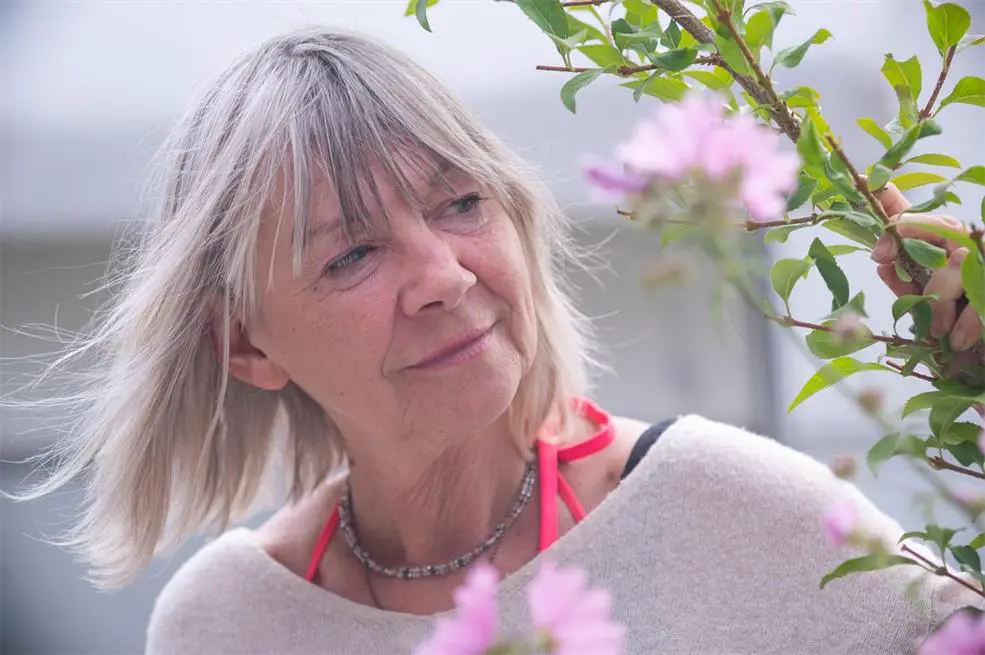As a person gets older, there may be changes in the house that can point to the need for additional care.
Changing health needs can point to an older person needing more help than they would typically require, and, while some of these can be managed at home, for others, they can point to the older person needing to have a space where they can access more help, which can lead to improved safety, comfort, and life quality.
So, if you have an older relative, what are some of the signs in their health that they may need some more help?
Mobility Issues/ Falls
If you have an older relative who is struggling with their mobility, it can be worrying, and, if they are having issues with walking, issues with moving up and down stairs, or they are having frequent falls, this can point to them needing to be somewhere safe.
You will want to look into a care home for them, such as the homes you can find on stpetersbury.com, that will be able to offer them mobility assistance, as well as modifications to their space. This will help them to retain their mobility, while also preventing future risks.
Cognitive Decline
It may be the case that your older relative is experiencing cognitive decline.
At the age of 65 onwards, some normal memory lapses and forgetfulness are common. If they are having problems remembering appointments, issues with their finances, or getting lost in familiar places, these can point to a more serious issue, such as Alzheimer’s disease.
Such cognitive decline can compromise their safety, and if they frequently forget to take their medications, they may require in-home assistance or be moved to a care home for their safety. In some cases, a person who has Alzheimer’s can be best managed at home, usually with carers coming into the home daily to help them with tasks.
Research has found that this is often beneficial for better management of mild to moderate Alzheimer’s, but if your loved one has more extreme symptoms, then it may be time to investigate care homes.
Chronic Health Conditions
Many people who are over the age of 65 live with chronic health complications such as arthritis, heart disease, and even diabetes. Also, as before, it may be the case that they have conditions such as Alzheimer’s, which can prevent them from being able to adequately manage any other ailments that they have.
Many conditions like heart disease can be manageable in their initial stages. Still, they can also worsen over time and will require more intensive care, as well as more complex medication regimens to prevent symptoms.
If your loved one is having a hard time managing their medication, having worsening symptoms, or is requiring more medical interventions, such as more frequent hospital stays, this can point to them requiring more intensive help with medication management, medical interventions that are timely as well as monitoring for a better quality of life.
Weight Changes
Many people lose or gain weight as they get older. However, sudden weight loss or gain and signs of malnutrition, such as being frail or fatigued, can point to an older person struggling to maintain a healthy diet. This can result from difficulty with grocery shopping, cooking, or even dental issues.
It can also point to dysphagia; this is when a person who has a condition like Alzheimer’s may find it hard to swallow food, which can cause them to eat less, and as such, they will usually lose weight.
Proper nutrition in older people must be carefully overseen, which can be done easily in a care setting. As before, carers can help with this in a home-based setting, but, in extreme cases, care homes can be a better alternative to help an older adult maintain their weight.
Personal Hygiene Problems
For many older people, it can become harder to bathe. This can lead to soiled clothing, poor hygiene and developing sores. There may also be issues with the home being unkempt.
Professional carers can help to offer care and comfort by helping with personal hygiene and housekeeping, ensuring that the older adult has regular bathing sessions and lives in a clean and safe setting.



Leave a Comment